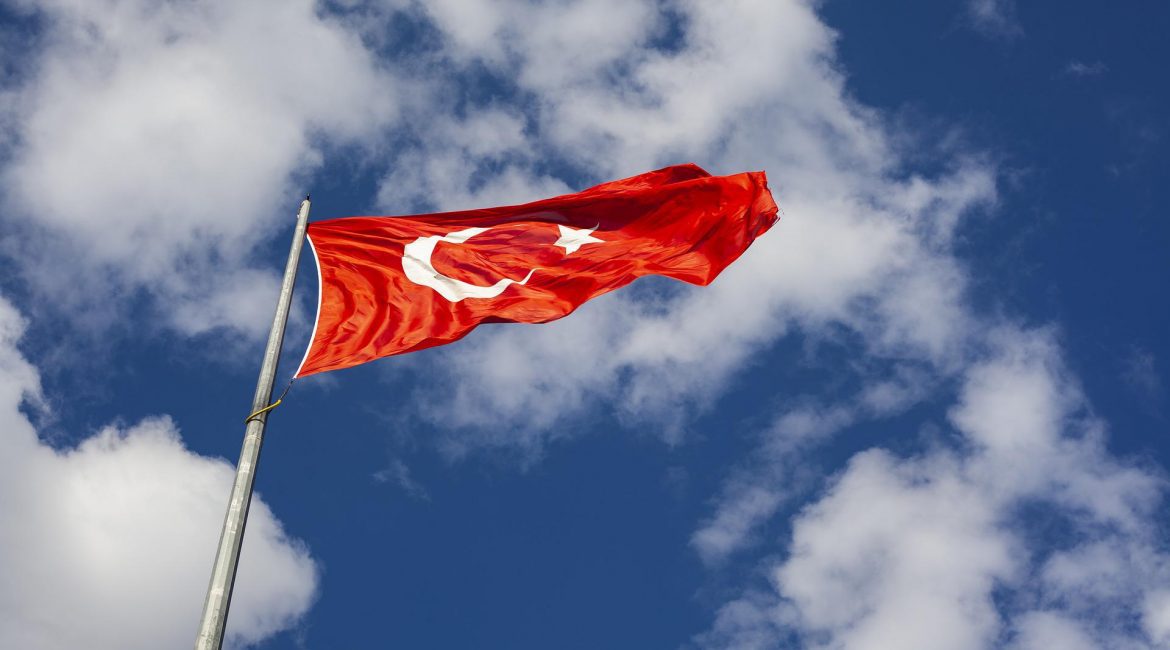Did the Turkish president get a green light from his Russian counterpart Vladimir Putin to launch his military operation in northern Syria? Erdogan stated, according to a statement by the Turkish presidency, that Ankara and Moscow had agreed in 2019 to establish a “zone cleared of terrorism,” 30 kilometers wide along the Turkish-Syrian border, but it has not yet seen the light of day, and stressed that “it is necessary to make this safe area ".
The Russian position seems unclear regarding the upcoming military operation, as Moscow has avoided declaring an official position on the Turkish preparations. The only sign issued by Moscow by foreign minister Sergei Lavrov referred to the importance of maintaining the calm regime, emphasizing two elements: the first is that Russia “understands” Turkey’s security interests, but at the same time it wants to implement the agreements related to Idlib, which "goes slowly and hard". The second is a renewed condemnation of the United States’ encouragement of separatist tendencies in northern Syria, with Lavrov directing a new call to the Kurdish component, to abandon “illusions of American protection” and adopt a pragmatic policy that achieves their interests by activating channels of dialogue with Damascus.
In this regard, observers in Moscow indicated that the Russians have no interest in igniting a new front in Syria, and Moscow, which is involved in its battle in Ukraine, does not want currently major shocks on the balance of power and the maps of influence distribution in Syria.
Moreover, in Russian circles prevails the conviction that Erdogan does not, in fact, want to blow up the situation, and that his demands about the safe zone is nothing more than a maneuver to get NATO to make concessions to Ankara, in exchange for its agreement to let join Sweden and Finland to the western alliance.
In contrast to these assurances, indications have begun to emerge in the Russian state media that Moscow would not accept “destabilizing the situation,” especially since the Turkish operations in the Manbij and Tal Rifaat regions, and in the case of Manbij, it is an important strategic crossroads, through which the line passes. This led to speculations about a clear difference in attitudes between Turkey and Russia, reinforced by reports of activating the deployment of Russian forces in the areas surrounding the Turkish targeting area, as well as reports that Russian warplanes targeted the sites of Turkish-backed factions.
Experts indicated that the area of dispute between Moscow and Ankara is, in reality, "much smaller than what some circles estimate" and that the issues that enjoy understanding between the two sides are "much broader". In this sense, some of them focus on the fact that Moscow may not oppose a Turkish operation, especially as it will result in a widening rift between Ankara and Washington. In addition to that, Moscow will be able to use those developments in order to exert more pressure on the Kurdish component to get it closer to Damascus.
However, in contrast to this analysis, Russian newspapers published some scenarios for Russia's possible behavior if Erdogan launches the estimated battle. They said that Russia's options were difficult in the face of an upcoming Turkish military operation in Syria, and saw that Russia and Turkey had become in an unequal situation there, while Erdogan strengthened his positions thanks to the Ukrainian war.
According to this approach, the first scenario is that Moscow stands against the new escalation and seeks to reach an agreement with Ankara. This may be the best option for Moscow, but its price could be high for Russia, as Turkey may demand trade and economic preferences, and perhaps other preferences related to the field situation in Syria.
The second scenario is the option of escalation, and it could be based on an exchange of territory. Thus, the Russian newspaper considered that the scenario of exchanging Jabal al-Zawiya in Idlib with the Turkish armed forces attacking Kurdish positions is “completely possible”. For Turkey it will be most valuable, in exchange for the Jabal al-Zawiya area, the possibility of unifying all the areas under its control in one area. Scenarios considered that this option was more likely before February 24, the date of the start of the war in Ukraine. Now, Turkey is in a much better position than Russia, being able to place Moscow in front of a number of conditions.
As for the expected third scenario, it is based on a quiet deal on the part of Moscow and no reaction. According to this, Russia may leave the prospect of the new Turkish operation unanswered. Thus, Ankara can obtain part of the "Self-Administration" areas, but it will not penetrate into the "Self-Administration" territories for fear of colliding with US forces. Under this scenario, Russia may receive a blow to its reputation, but it can use the situation to persuade the Kurds to negotiate with the official Damascus government. Therefore, Moscow will not have to make concessions to Ankara and Turkey’s role in the negotiations on Ukraine will be significantly reduced. Consequently, Russian analysts convened that this option may be "the most realistic for Russia".
Finally, the fourth scenario is that Moscow may encourage Damascus to launch a corresponding operation in Idlib in response to the Turkish operation, but for Russia, it is unprofitable to waste its military resources in Ukrainian crisis' circumstances. In addition, Moscow will certainly not enter into a direct confrontation with Ankara in Idlib.

